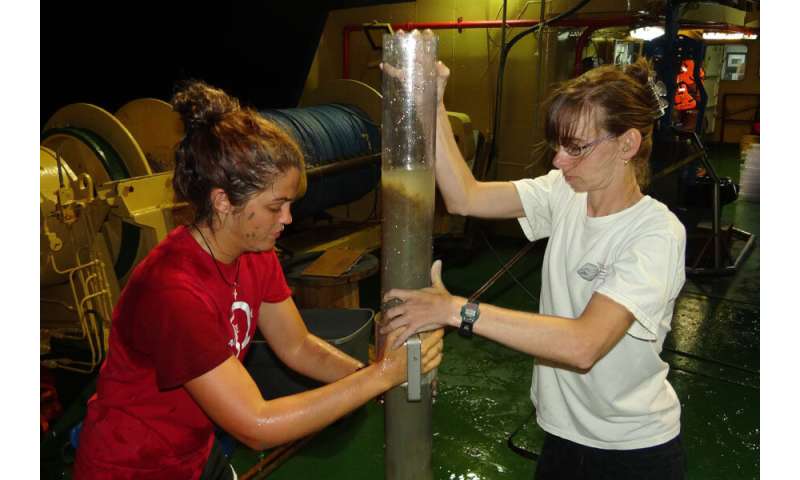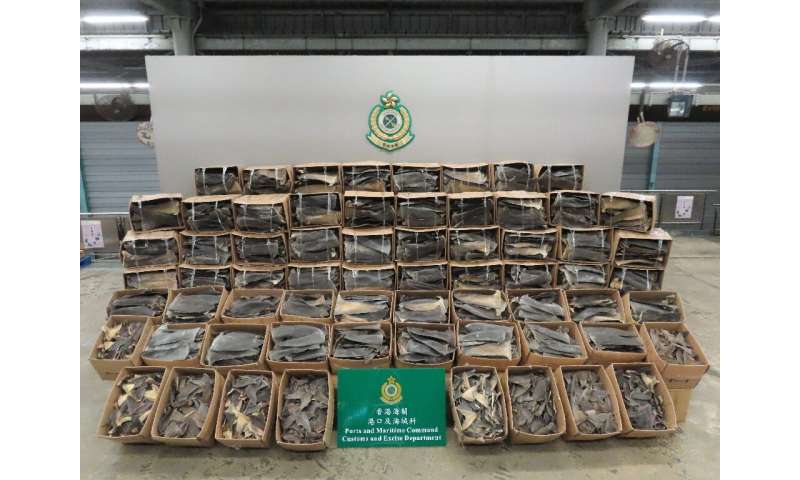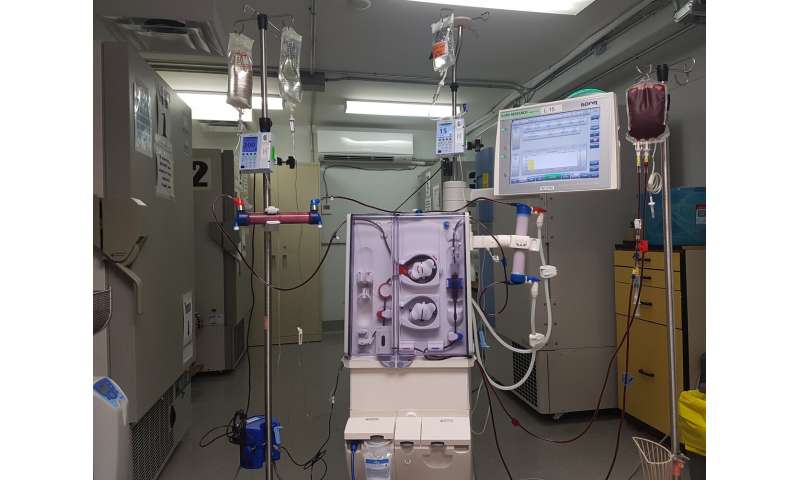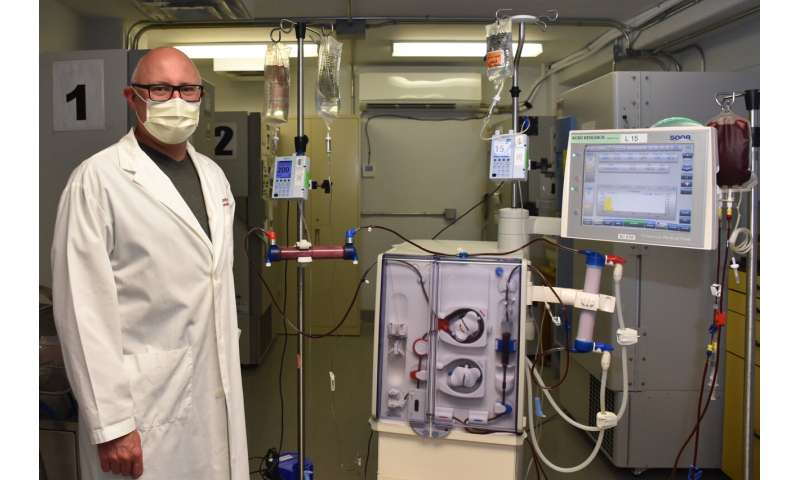What a sane country would learn from coronavirus
Ryan Cooper

Illustrated | Getty Images, iStock
May 6, 2020
Countries around the world are learning some hard lessons during the coronavirus pandemic. Ones that had their acts together — usually places that had recent experience of disease outbreaks, like Taiwan, Vietnam, South Korea, and Sierra Leone — acquitted themselves rather well. Ones that did not, like Sweden and the U.K., saw huge caseloads and mass death.
But nowhere has bungled things worse than the United States. It may well end up that some countries have worse epidemics relative to their population size, or that some U.S. communities escape disaster thanks to their state governments or dispersed geography, but the national American response has been basically nonexistent, despite our vast wealth and power. In almost every other rich country cases are now falling sharply, but here they have plateaued or even increased. The Trump administration appears to be all but giving up on attempts to control the spread and is itself forecasting huge increases in both cases and deaths, while the Democratic House has been almost wholly absent in the last month.
This failure points to how broken the United States was before coronavirus hit. It turns out we were already wobbling on the precipice of disaster, and it took only a sharp shove to send us over the edge. If America were a sane country, this would be a perfect opportunity to clean house.
Probably the most glaring weakness exposed by the pandemic is America's horrendous health care system. We spend about 17 percent of our economy on health care — roughly twice the figure of many of our peer nations — and yet the system was caught flat-footed by the crisis. On the one hand, even before the crisis about 14 percent of Americans were uninsured, and a much greater fraction who technically had coverage effectively could not use it in many circumstances because the benefits were so lousy. Now that tens of millions of people are being laid off, they are also losing their employer-based insurance, which was already crumbling before the crisis. Perhaps a quarter of Americans with employer-based coverage may lose it before the crisis passes. Some will end up on Medicare or the lousy ObamaCare exchanges, but many will no doubt go uninsured.
Health care providers are also being hit hard by the crisis. Consumer health care spending fell 18 percent in the first quarter of 2020 and many providers cut pay to doctors and nurses or laid them off, despite the fact that many hospitals were jammed to bursting with COVID-19 patients. The reason is that elective procedures — like knee surgeries charged at a 500 percent markup — is where providers make most of their money. There just isn't much percentage in treating regular old sick people.
In other words, the American health care system is not geared towards providing care as such. It is geared towards profit.
One could not imagine a better case for a sweeping overhaul of America's health care system. The argument often heard during the recent Democratic presidential primary that the status quo allows people to choose their insurance is a filthy lie — if you lose your job, as millions of people per month did even before the crisis, you are almost always thrown off your coverage. Sweeping away the dysfunctional hodgepodge of insurance systems and replacing them with something like Medicare-for-all would make sure all Americans are covered forever. Then with that leverage, the government could re-gear providers away from churning out high-margin procedures (or straight-up highway robbery of the sick or injured) and towards providing useful basic care.
The pandemic has also proved America's (and the world's) supply chains to be exceptionally rickety. Outsourcing, globalization, market concentration, and "just in time" inventory management has made commerce more profitable for wealthy oligarchs, but also made it fragile. Businesses that source key components from one or two central facilities spread out all over the globe and keep as little inventory as possible (Apple CEO Tim Cook once called inventory "fundamentally evil") are exquisitely vulnerable to shocks like a viral pandemic.
Antitrust policy to break up corporate behemoths and create multiple redundant supply chains would not only make the production system more resilient, but also more fair. Monopolies generally produce poorer-quality goods and services, and squeeze both workers and suppliers for profits. This is a particular problem in agriculture, where monopolist middlemen have cut the share of consumer food spending flowing to farmers from 37 percent in the 1980s to 15 percent today. Multiple centralized meatpacking facilities have seen gigantic coronavirus outbreaks, because hundreds of low-paid workers are jammed into unsanitary facilities where they generally do not get decent benefits like sick leave.
Finally, America's basic state structure has been revealed as rotten to the bone. Other countries have found it much easier to keep their economies in stasis during the pandemic, because they have efficient bureaucracies with up-to-date knowledge of the citizenry (addresses, bank accounts, and so on), and because they have functioning welfare states that could easily be dialed up in the pinch.
The United States has struggled to follow their example. The economic rescue payments to individuals were long delayed in reaching many citizens, because the government doesn't know where they live, or because of technical foul-ups. The boost to unemployment insurance is not reaching many laid-off workers because many state unemployment systems are ancient and decrepit, or have been deliberately designed to not pay out benefits. The small business bailout was routed through private banks in a way that virtually guaranteed it would fail to reach many of the small companies that needed it most.
Over and over we have seen that state capacity and foresight has been by far the most important factor in controlling both the epidemic and the economic fallout. A generation of arguments from both parties that the main task of government should be getting out of the way of the private market has been revealed not just as a hollow fraud, but dangerous.
At any rate, liberals in California have been pressing the argument that the pre-coronavirus status quo was horribly broken. Already the state has abolished cash bail for most crimes, provided shelter for the homeless population, and sent computers to poor students so they can continue to attend online classes. If we can do these things in response to a viral pandemic, why not all the time — and why not more?
They are correct, but it seems highly doubtful whether either political party is willing to take up the challenge. Presumptive Democratic presidential nominee Joe Biden has surrounded himself with goons who were deeply involved in breaking America in the first place. On the other hand, should he choose to try to bring American up to civilized country standards, there would be no shortage of opportunities. It's up to him.
Meanwhile, Republicans are patently uninterested in any of the above proposals, or are dead against them — and they are only in power because of America's anachronistic and anti-democratic Constitution. Many party ideologues have openly called for Americans to be fed into the coronavirus meat grinder so production and profits can resume. It doesn't bode well for America's future.










